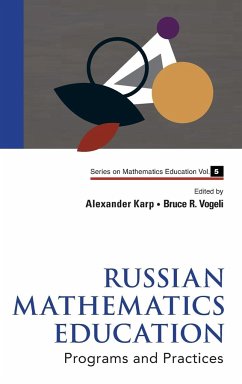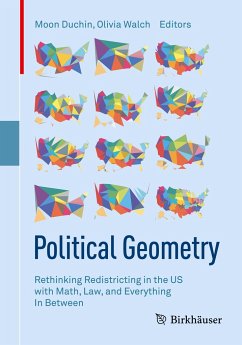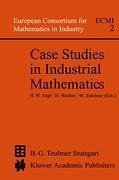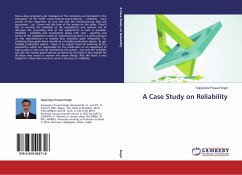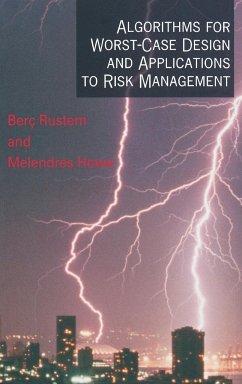
The Vexing Case of Igor Shafarevich, a Russian Political Thinker
Versandkostenfrei!
Versandfertig in 6-10 Tagen
76,99 €
inkl. MwSt.
Weitere Ausgaben:

PAYBACK Punkte
38 °P sammeln!
This is the first comprehensive study about the non-mathematical writings and activities of the Russian algebraic geometer and number theorist Igor Shafarevich (b. 1923). In the 1970s Shafarevich was a prominent member of the dissidents' human rights movement and a noted author of clandestine anti-communist literature in the Soviet Union. Shafarevich's public image suffered a terrible blow around 1989 when he was decried as a dangerous ideologue of anti-Semitism due to his newly-surfaced old manuscript Russophobia . The scandal culminated when the President of the National Academy of Sciences ...
This is the first comprehensive study about the non-mathematical writings and activities of the Russian algebraic geometer and number theorist Igor Shafarevich (b. 1923). In the 1970s Shafarevich was a prominent member of the dissidents' human rights movement and a noted author of clandestine anti-communist literature in the Soviet Union. Shafarevich's public image suffered a terrible blow around 1989 when he was decried as a dangerous ideologue of anti-Semitism due to his newly-surfaced old manuscript Russophobia . The scandal culminated when the President of the National Academy of Sciences of the United States suggested that Shafarevich, an honorary member, resign. The present study establishes that the allegations about anti-Semitism in Shafarevich's texts were unfounded and that Shafarevich's terrible reputation was cemented on a false basis.





